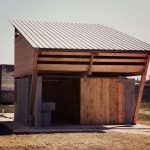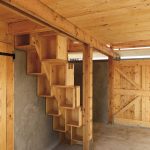prototype of
a wooden house
port-au-prince (haiti)2013
The growing need for low-cost quality buildings that can solve poverty and climate change offers an exceptional opportunity for research in the world of architecture based on sustainable practices and low-technology content.
- © michele milesi
- © michele milesi
- © michele milesi
- © michele milesi
- © michele milesi
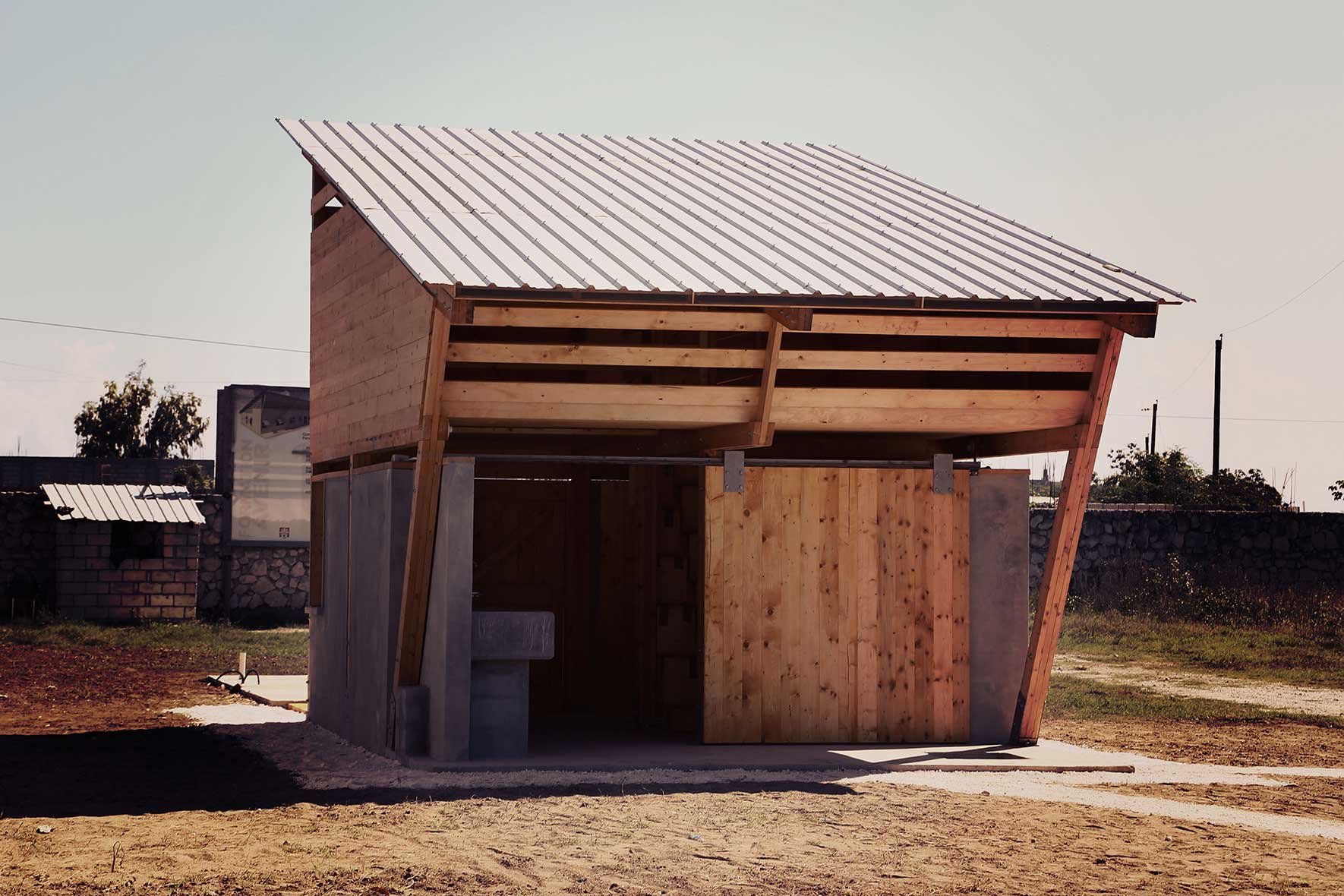
© michele milesi
At the heart of this global effort, there should be the intention to offer alternative solutions that are sustainable from both an environmental and financial, but above all a social point of view. The need for sustainable construction in developing countries is a microcosm in the greatest challenge in sustainable development, a problem that is now being tackled by nations around the world.
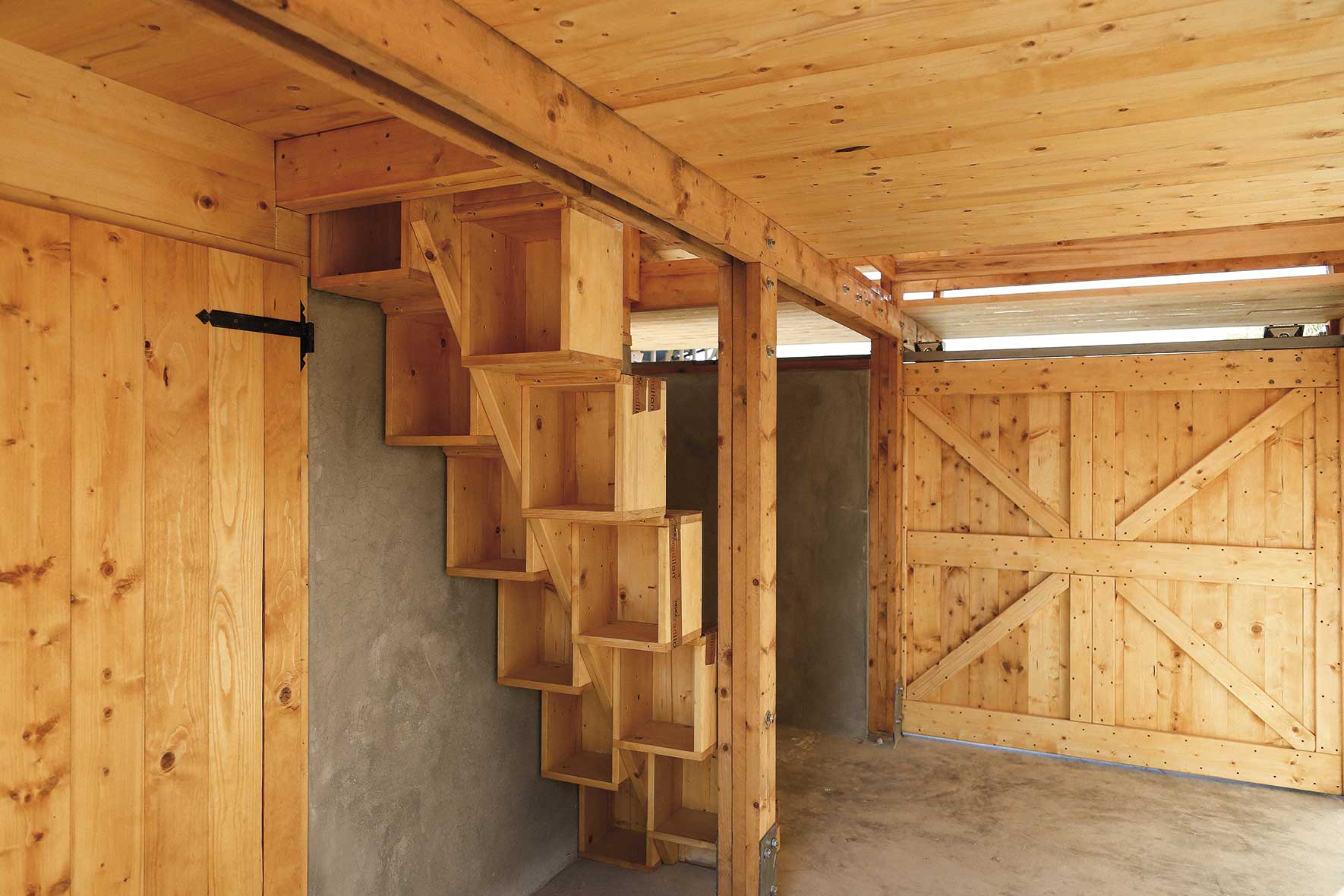
© michele milesi
The project for Haiti was born from the desire to find solutions that can give a home to displaced people. Maintaining a wooden house is certainly less expensive and easier than maintaining any masonry building, even more so where the workforce is not specialized and cheap.
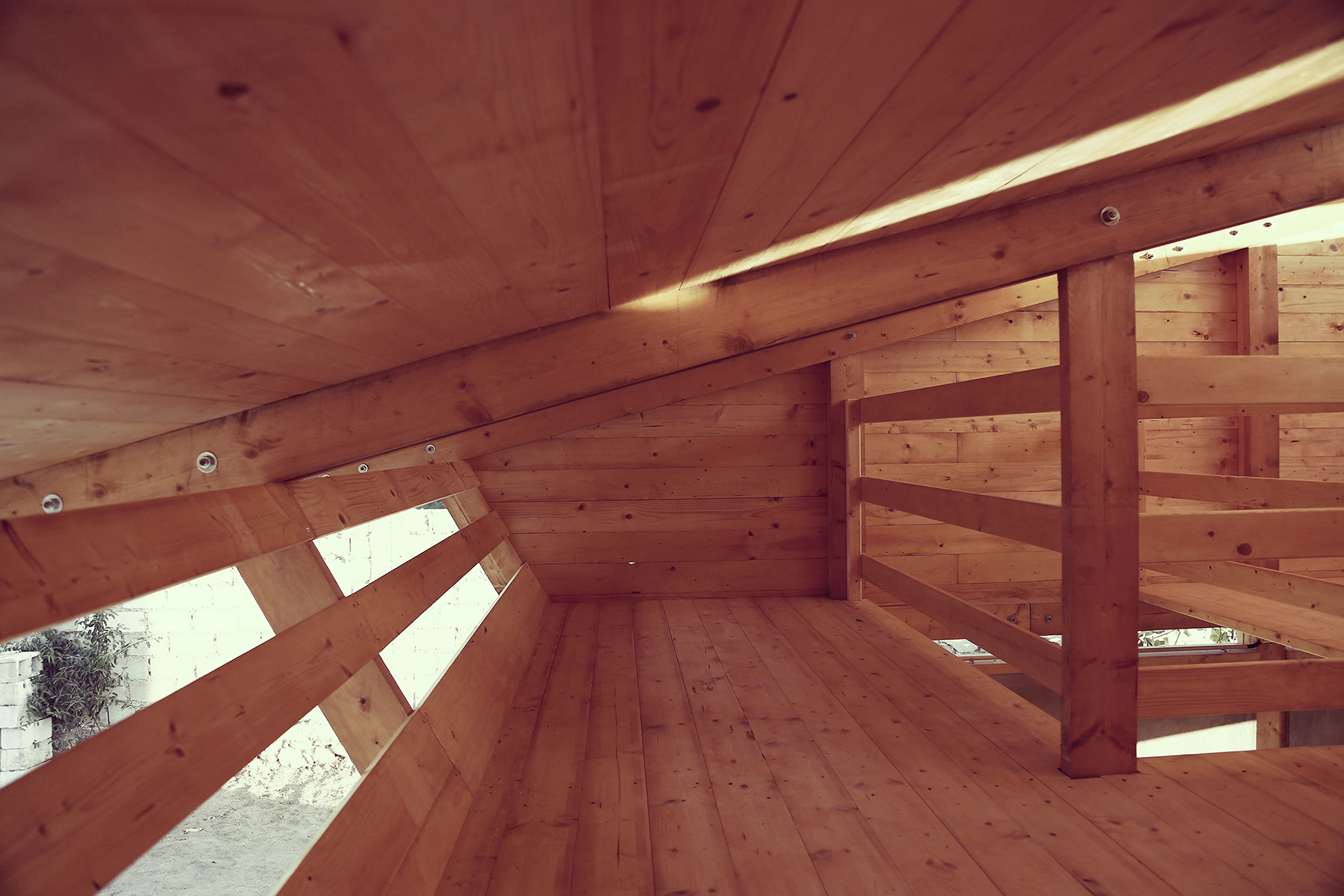
© michele milesi
The design and construction of the prototype house for Haiti was based on three principles: participatory design, considered as the active involvement of people in every phase of the project (so as not to impose an idea but to propose a project in line with the culture and traditions of the place); a clear and simple architectural design; and self-construction as a procedure that allows to quickly assimilate the construction processes and technologies used.
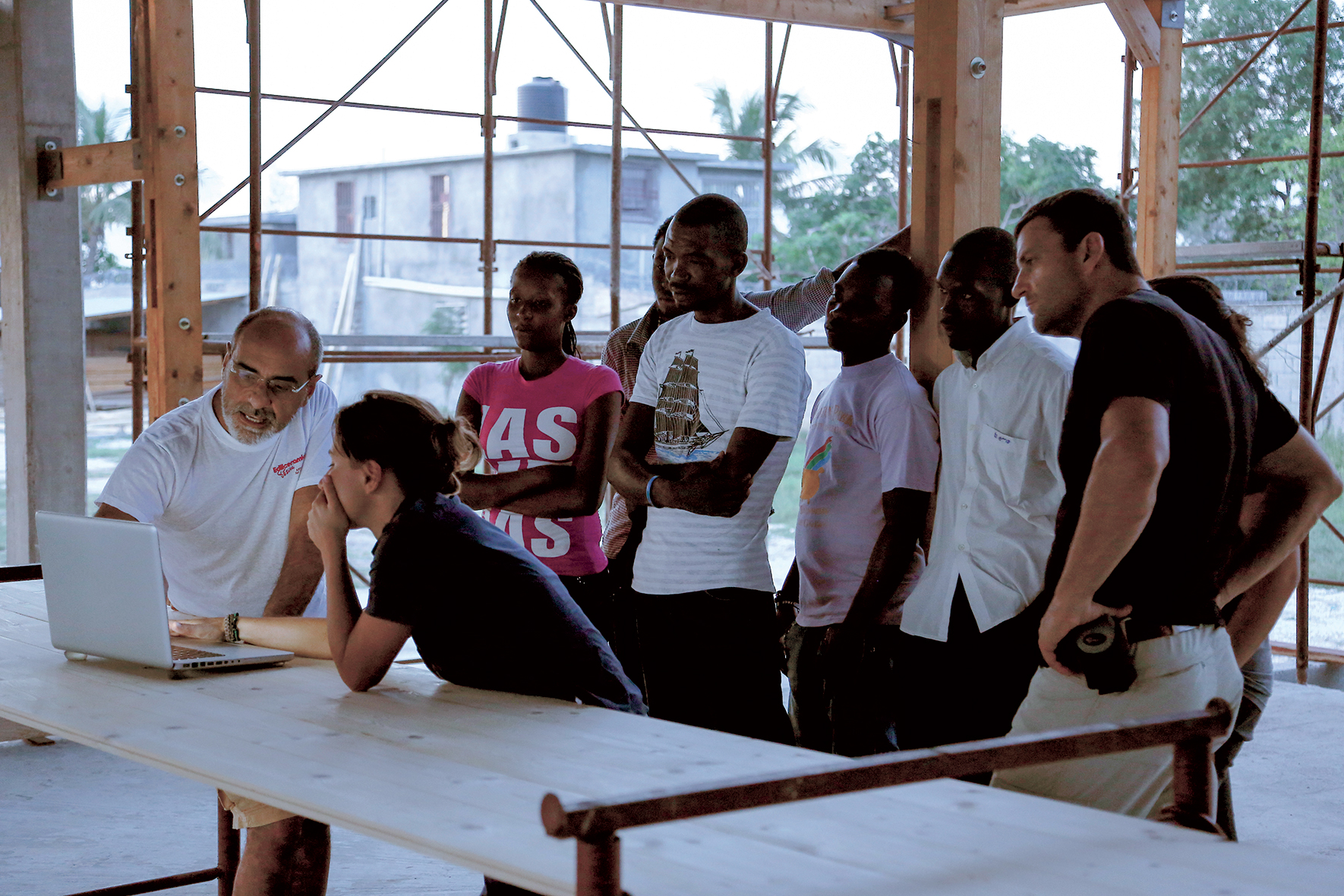
© michele milesi
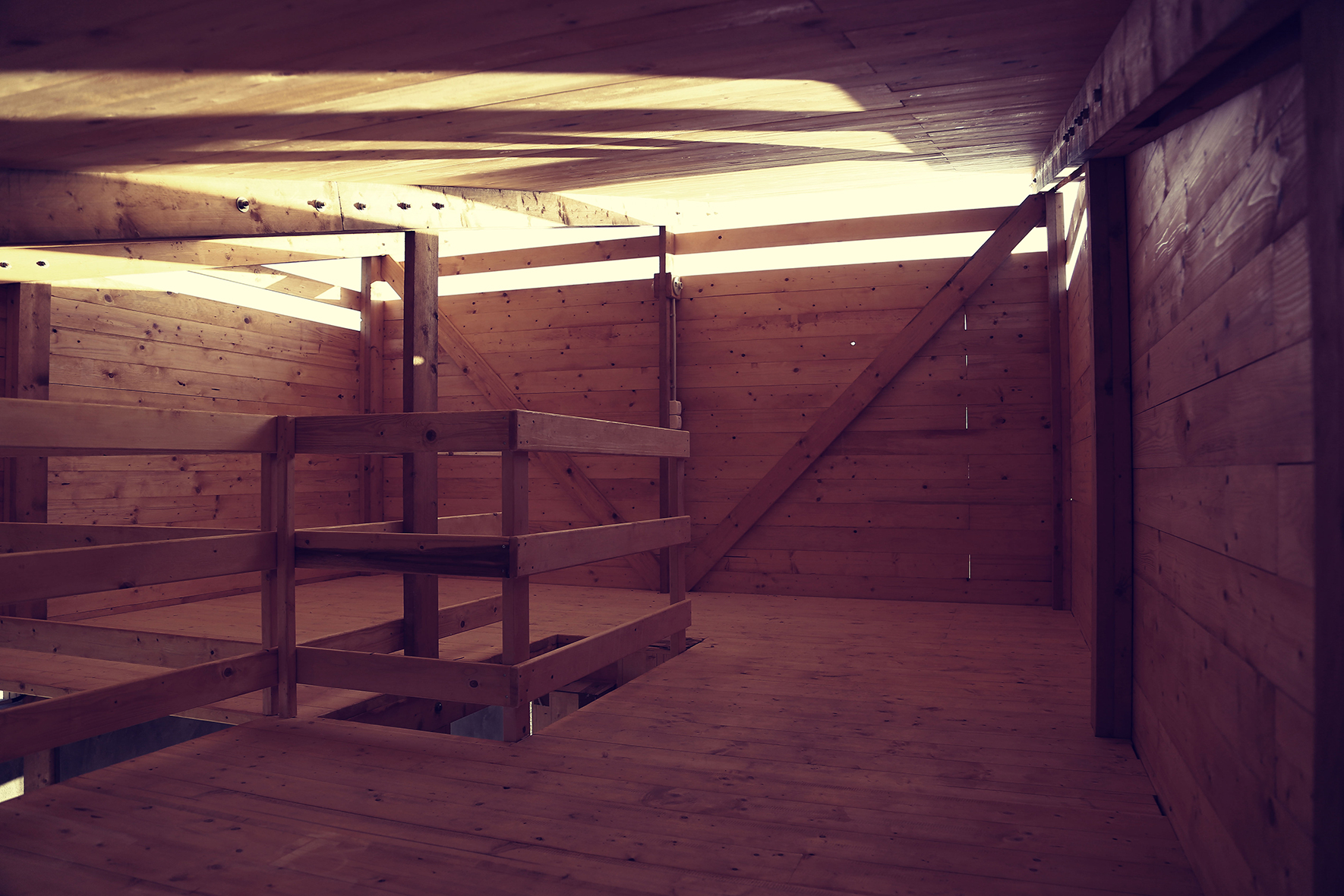
© michele milesi
See also the project of the École Technique Pape Jean XXIII in Haiti.
